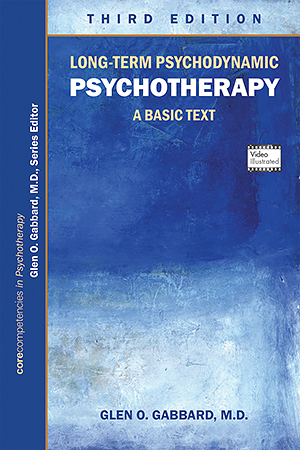Chapter 6.Working With Resistance
Sections
Excerpt
In 1912 Freud wrote, “The resistance accompanies the treatment step by step. Every single association, every act of the person under treatment must reckon with the resistance and represents a compromise between the forces that are striving toward recovery and the opposing ones” (Freud 1912/1958, p. 103). As noted in Chapter 1 (“Key Concepts”), the patient’s characteristic defenses emerge as resistances in the interpersonal setting of therapy. Hence, the way the patient opposes a therapist provides valuable information about the patient’s intrapsychic life.
Access content
To read the fulltext, please use one of the options below to sign in or purchase access.- Personal login
- Institutional Login
- Sign in via OpenAthens
- Register for access
-
Please login/register if you wish to pair your device and check access availability.
Not a subscriber?
PsychiatryOnline subscription options offer access to the DSM-5 library, books, journals, CME, and patient resources. This all-in-one virtual library provides psychiatrists and mental health professionals with key resources for diagnosis, treatment, research, and professional development.
Need more help? PsychiatryOnline Customer Service may be reached by emailing [email protected] or by calling 800-368-5777 (in the U.S.) or 703-907-7322 (outside the U.S.).



